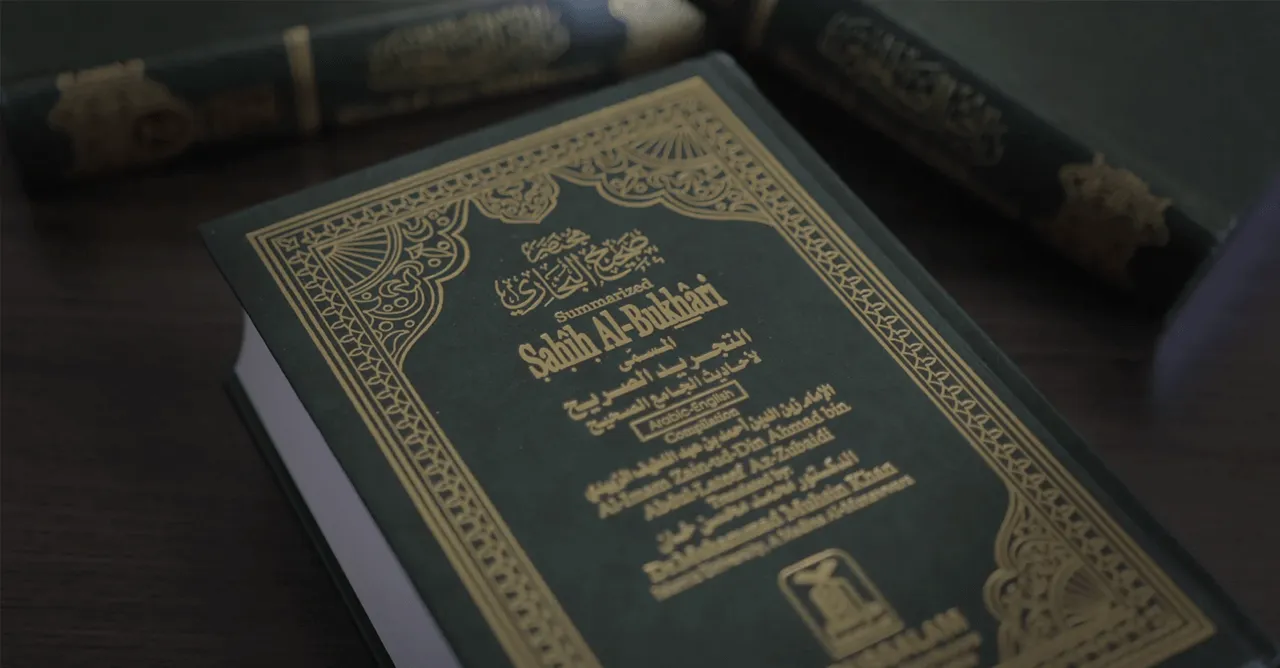zoharmusic.com – Hadith, in the context of Islamic tradition, refers to the sayings, actions, and tacit approvals of Prophet Muhammad (peace be upon him). These records are considered the second most important source of Islamic law and guidance, after the Quran. Hadiths provide insight into the life of the Prophet, his interactions with his companions, and his interpretations of the Quranic verses. They serve as a bridge between the divine revelations and the practical aspects of everyday life, offering guidance on a wide range of topics from personal hygiene to international relations.
The Importance of Hadith
The importance of Hadith cannot be overstated in the Islamic faith. They are the primary source for understanding the Sunnah, which is the way of life prescribed by the Prophet Muhammad. By studying Hadith, Muslims aim to emulate the Prophet’s behavior, moral qualities, and religious observances, thereby drawing closer to Allah. The Hadith literature also plays a crucial role in the development of Islamic jurisprudence (Fiqh), providing the basis for legal rulings and ethical guidelines.
The Collections of Hadith
Over the centuries, thousands of Hadiths have been collected and documented. However, not all of them are considered authentic. Scholars have dedicated their lives to verifying the authenticity of Hadiths, examining the chains of narrators (isnad) and the text (matn) of each Hadith. As a result, several collections of Hadith have emerged, with the most renowned being:
Sahih al-Bukhari
Compiled by Imam Bukhari, this collection is considered the most authentic. It contains over 7,000 Hadiths, each scrutinized for its authenticity. Sahih al-Bukhari is widely accepted as a reliable source of Hadith across the Muslim world.
Sahih Muslim
Imam Muslim’s collection is the second most authentic, containing over 9,000 Hadiths. Like Sahih al-Bukhari, Sahih Muslim is highly regarded for its rigorous methodology in selecting authentic Hadiths.
Sunan al-Sughra (Abu Dawud)
Imam Abu Dawud’s collection includes Hadiths that are considered less authentic than those in Sahih al-Bukhari and Sahih Muslim but are still valuable for understanding the Prophet’s teachings.
Jami’ al-Tirmidhi
Imam al-Tirmidhi’s collection is unique in that it includes a commentary by the compiler himself, indicating the level of authenticity of each Hadith.
Sunan Ibn Majah
This collection by Imam Ibn Majah is the last of the six canonical Hadith collections in Sunni Islam. It includes Hadiths that are considered less authentic but still valuable for understanding the Prophet’s traditions.
Al-Muwatta (Imam Malik)
Although not part of the six canonical collections, Al-Muwatta is one of the earliest collections of Hadith and is highly regarded in the Maliki school of Islamic jurisprudence.
The Study of Hadith
The study of Hadith is a complex and specialized field within Islamic scholarship. Scholars must not only have a deep understanding of Arabic but also be well-versed in the biographies of the narrators, the historical context of each Hadith, and the principles of Hadith criticism. The study of Hadith is essential for anyone seeking a comprehensive understanding of Islam and the life of Prophet Muhammad.
Conclusion
Hadiths are an invaluable asset to the Muslim community, offering guidance and wisdom that has stood the test of time. Through the collections of Hadith, Muslims continue to draw inspiration and direction from the life of Prophet Muhammad, striving to live by his example. As the world evolves, the timeless wisdom found in Hadith continues to provide a beacon of light for those seeking to live a life pleasing to Allah.
